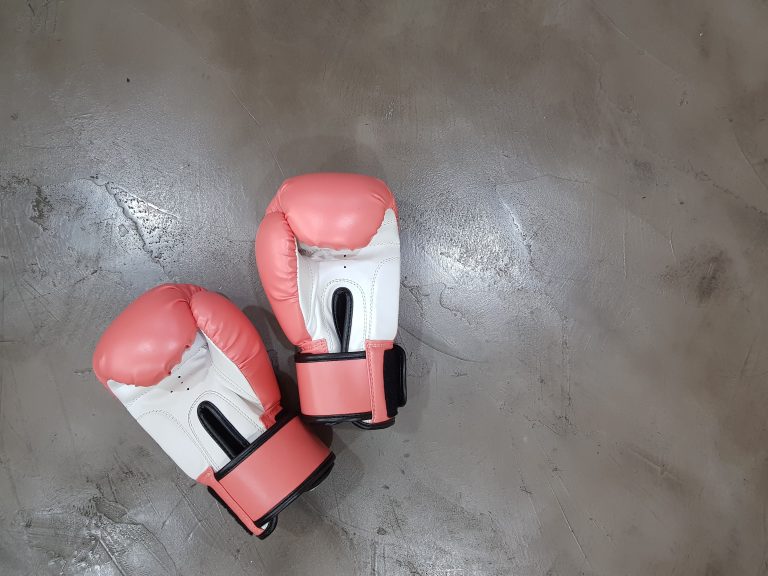Is Karate a Suitable Sports Program for Children?
Karate is a martial art that has become increasingly popular in recent years, and it is a great way for kids to gain confidence, discipline, and physical fitness. But when it comes to the safety and suitability of karate as a sport program for children, parents may have their concerns.
In this article, we’ll explore the benefits and drawbacks of karate as a sports program for children, and help you make an informed decision about whether or not it is right for your child.
The Benefits of Karate for Children
Karate can provide numerous benefits for children, including:
Physical Fitness
Karate is an excellent way for kids to get their daily dose of exercise. It is a full-body workout that involves cardio, strength, and flexibility training. Children who practice karate can improve their cardiovascular health, develop strong muscles, and improve their balance.
Mental Health
Karate not only helps kids stay physically healthy, but it can also help them stay mentally healthy. Karate practices encourage focus, discipline, and a healthy sense of competition. Children learn to set goals and work hard to achieve them. They also learn how to handle stress and control their emotions.
Self-Defense
One of the most important benefits of karate is that it teaches children how to defend themselves physically. Children learn how to protect themselves and others in the event of an attack. Self-defense training can give children the confidence and ability to handle a dangerous situation.
The Drawbacks of Karate for Children
While karate has many benefits, it also has a few drawbacks that parents should be aware of. These include:
Risk of Injury
Like any physical activity, there is a risk of injury involved with karate. Children can get bruises, sprains, and strains from practicing karate. However, these injuries are usually minor and can be prevented with proper training and supervision.
Violence and Aggression
Some parents may worry that karate will encourage violence and aggression in their child. While karate is a martial art that involves physical contact, the goal is not to hurt or harm others. Children are taught to use their karate skills only in self-defense and to show respect for others at all times.
Time Commitment
Karate requires a significant time commitment, as children need to attend regular classes and practice outside of class. This can be challenging for busy families who have multiple extracurricular activities and commitments.
Conclusion
Overall, karate can be a suitable sports program for children, as long as parents are aware of the potential risks and benefits. If your child is interested in karate, it’s important to find a reputable school with experienced instructors who prioritize safety and proper training techniques. Karate can provide children with physical fitness, mental discipline, and self-defense skills that will serve them well throughout their lives.
Is Karate a Suitable Sports Program for Children: Frequently Asked Questions
Karate is a dynamic martial art form that originated in the Ryukyu Kingdom in Japan. It is a great way to teach discipline, self-defense, and promote physical fitness in children. In this article, we discuss some of the most commonly asked questions about the suitability of karate as a sports program for children.
1. At What Age Can Children Start Learning Karate?
The ideal age to start learning karate varies from child to child. Many karate schools accept children as young as four years old, while others prefer children to be at least six years old. The decision to enroll a child in karate should be based on their willingness to learn and their physical and emotional readiness.
2. What are the Benefits of Learning Karate for Children?
Karate offers several benefits for children, both in terms of physical and emotional development. Some of the benefits include:
Physical Benefits
- Improves coordination, balance, and agility
- Increases strength and stamina
- Boosts cardiovascular health
- Helps maintain a healthy weight
- Enhances flexibility
Emotional Benefits
- Develops self-confidence and self-esteem
- Fosters discipline and focus
- Teaches respect for oneself and others
- Instills a sense of purpose and drive
- Helps manage stress and anxiety
3. How Safe is Karate for Children?
Karate is a relatively safe martial art form for children, as long as they receive proper instruction from qualified instructors. Injuries are rare but can occur, particularly in contact or sparring activities. To minimize the risk of injury, children should wear appropriate protective gear, such as helmets, gloves, and mouthguards, and be supervised by an experienced instructor.
4. What Should Parents Look for in a Karate School?
When choosing a karate school for their children, parents should consider the following factors:
- Qualifications and experience of the instructor
- Class size, ratio of instructors to students, and overall organization of the school
- Cleanliness and safety of the school environment and equipment
- Type and length of programs offered
- Cost and location of the school
5. How Can Parents Support Their Children in Learning Karate?
Parents can support their children in learning karate by:
- Encouraging their children to practice and attend classes regularly
- Attending classes with their children and participating in activities
- Providing appropriate equipment and clothing, such as uniforms and protective gear
- Celebrating their children’s achievements and progress
- Encouraging their children to compete at local and national levels if they show a desire to.
6. Can Karate Help Children with Special Needs?
Karate can benefit children with special needs, including those with physical and developmental disabilities. Martial arts can help improve their motor skills, coordination, self-esteem, and overall quality of life. It is essential to choose a karate school that has experience in working with children with special needs.
7. What Are Some Child Safety Tips for Karate?
Regarding child safety tips for karate, parents should keep in mind that their child should:
- Learn from qualified instructors in a safe and organized environment.
- Wear appropriate protective gear, such as helmets, gloves, and mouthguards.
- Disclose any injuries or health issues to the instructor before participating in activities.
- Refrain from engaging in unsupervised contact or sparring activities.
- Report any bullying or inappropriate behavior to their parents or instructor.
Conclusion
Karate is an excellent sports program suitable for children. Enrolling children in karate can help them develop physical fitness, self-confidence, and discipline while improving their motor skills, coordination, and overall emotional well-being. While choosing a karate school for their children, parents should consider the qualifications and experience of instructors, class size, cost, location, and overall safety of the environment. By supporting and encouraging their children, parents can help their children achieve their karate goals and develop lifelong skills.
Inhaltsverzeichnis






